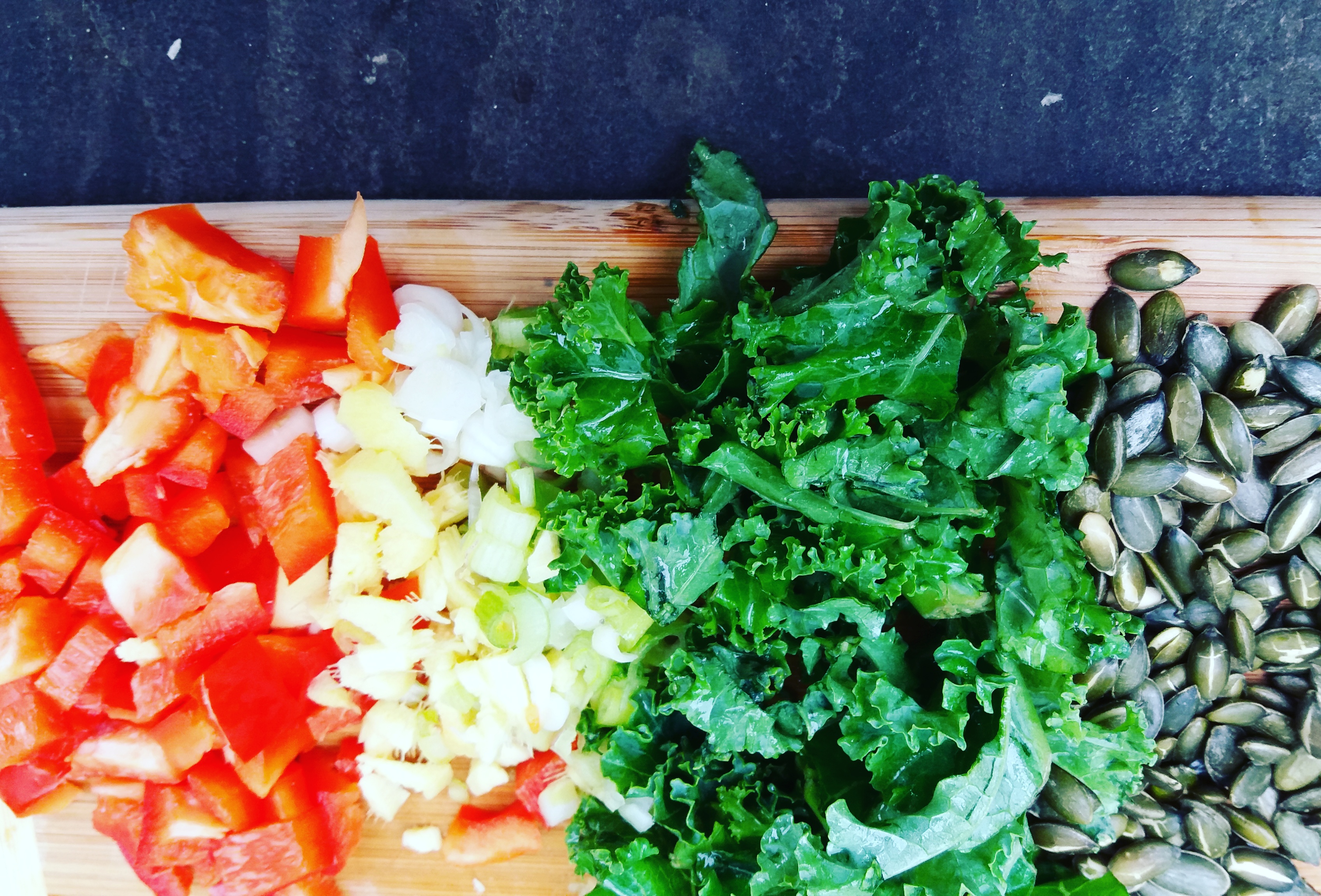We all face a great deal of stress during our day to day living, with exposure to the internet and work almost non-stop, as well as more exposure to physical stressors like toxins and pesticides. So what can you do to support your body deal with stress.
As a Naturopathic Nutritional Therapist I look at a client’s whole picture of health, including emotional and mental wellbeing, family history, and of course diet.
Sometimes we need more support in the form of counselling, exercise or medical help, but what we eat often overlooked when we need solutions for our stress.
What is stress?
Our stress response helps protect our life when we are threatened – this could be when faced with physical attack or danger, or a threat to our children, loss of an important job, or impact on our social status. Whatever the stress trigger is, the physiological response is the same.
When our brains perceive that we are in a ‘life-threatening’ situation the stress response is activated.
Cortisol is the stress hormone which activates our ‘fight or flight’ mechanisms, and these affect our digestion, hormones and immune system. Feeling stress means we’re ready to run from a danger, so the body turns attention to the ability to fight or run.
Cortisol is made in our adrenal glands situated on top of the kidneys and they work extra hard during times of stress.
How stress affects digestion
When we’re stressed our digestive juices are slowed down, and the motility of the stomach muscles slow down, meaning food can pass into the small intestine partially digested. This can cause fermentation in the small intestine associated with excess gas, pains and bloating.
When the danger is over our body returns to normal, but when we’re under constant stress (chronic) then we struggle to get back to normal and issues can occur.
Apart from digestion chronic stress also negatively affects our thyroid, sex hormones and immune system.
Food to support stressful times
- Avoid chemical stressors, including drugs and alcohol
- Caffeine can amplify cortisol production many hours after your cup of coffee so reduce or stop caffeine if you feel shakey, anxious, or have trouble sleeping. Aim for 2 litres of water or herb teas every day, and limit caffeine to the mornings to avoid negative impact on sleep.
- Consuming foods rich in potassium and avoiding foods high in salt are great for soothing the adrenal glands which create cortisol. Eat more green leafy vegetables, and fruits to help reduce adrenal stress.
- Vitamin C is also used up in the creation of cortisol so eating a diet rich in vitamin C foods can support adrenal health. Think about red peppers, kiwi, strawberries, cauliflower, tomatoes, oranges and a range of colour veggies every day.
- Magensium is a mineral we need more of during times of stress. If you’re stressed magnesium will be depleted, and when there is a deficiency the risk of heart conditions is increased. Diets high in fat and high calcium intake may intensify Mg inadequacy. Eat more green leafy vegetables (think kale, spinach, greens, cabbage). Epsom Salt baths are a great way to help soothe your body and increase magnesium through the skin. It can also be relaxing to take a bath in the evening, promoting better sleep.
- B vitamins are really important for our nervous system and our energy levels which can fluctuate during times of stress. These can be found in wholegrains, brown rice, pulses, vegetables and fruits.
- Probiotics – studies have shown that taking probiotics (good bacteria for the gut) can strengthen the villi in the intestine and helps the immune system when under stress. Try fermented foods like sauerkraut or kefir if you don’t want to take a supplement.
- Herb teas – chamomile, peppermint are soothing for the digestion and calming.
Don’t forget about food and your diet when you’re stressed through your diet. Consult a health care professional if you’d like individual support with making changes to your diet. Look for a Registered Nutritional Therapist part of BANT to get advice for individual dietary changes.


